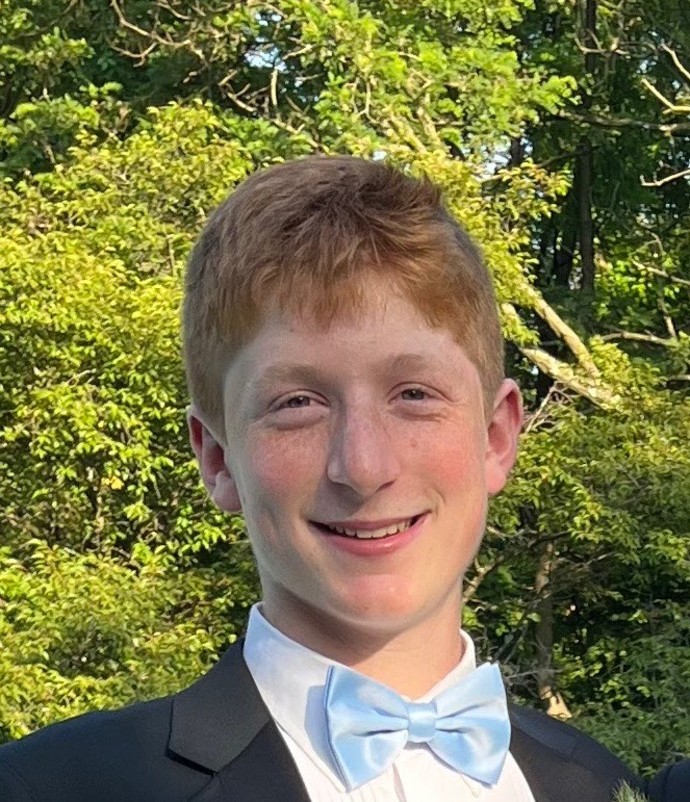One of the main reasons Cantor Aaron Cohen deeply connected with Meir Panim’s mission to feed the hunger with dignity was witnessing what food meant for his father-in-law, a Holocaust survivor.
“His mother and two siblings died in Auschwitz, while he, his father and another brother managed to escape from the place they were held and hid in the woods in Poland,” Cohen said. “We can all imagine what life was like.”
“Later on, my father-in-law came to America and became very successful,” he continued. “However, in addition to a kitchen full of food, he also kept an extra freezer and refrigerator in the basement, and he had the habit of holding on to the last piece of bread from the meal almost until the following meal, rolling it between his thumb and index. He knew what hunger meant.”

For the past ten years, Cohen has sat on Meir Panim’s board of directors. He explained that he first got involved through some of his colleagues.
“When they first reached out and suggested that I also joined their endeavors, I did some research on the organization and I felt incredibly honored to be able to do my part,” he said.
Among other initiatives, Cohen has participated in cantorial concerts organized to raise money for Meir Panim.
Also for Elan Vogelstein, 17 years old, assisting Holocaust survivors is one of the reasons he felt so drawn to Meir Panim.
“According to the most recent statistics, almost one-third of Holocaust survivors in Israel live below the poverty line,” he said. “I find it staggering that after surviving the Holocaust, these people are still struggling to find food. Especially with Rosh Hashanah and the Jewish holidays approaching, I believe that everyone should take these issues very seriously.”
The young man first heard about Meir Panim while attending a fundraising concert with his family several years ago.
“It was not long before my Bar Mitzvah,” he recalled. “At the time, I was looking for a project to pursue to celebrate it and I felt that helping Meir Panim would be a perfect fit. On the one hand, it was connected to Israel, which I am very passionate about, and on the other hand, it meant helping people fulfilling their most basic need, the need for food.”
Vogelstein also highlighted that the theme presented a deep connection with the weekly Torah portion of his Bar Mitzvah “Behar,” focusing on the laws of the sabbatical year, when agricultural work on the land needs to cease, and its produce becomes free for the taking for all, man and beast.
Vogelstein celebrated his Bar Mitzvah in America, asking his friends and family to make a donation to Meir Panim instead of giving him a gift.
The following summer, he, his parents and his seven siblings traveled to Israel where they spent a day volunteering at one of Meir Panim’s Restaurant-Style Soup Kitchens.
“I was really inspired by the way the facility was run,” Elan recalled. “I have volunteered in soup kitchens here in the US, and I have often felt that the system and the way people are treated is somehow degrading for them. At Meir Panim however, the patrons are served like in a restaurant and everyone is approached with respect and dignity. It did not feel like just giving charity.”
Some of the conversations Vogelstein had with the patrons during his time volunteering remain very memorable for him.
“Some people had very interesting stories to share,” he said. “For example, I recalled speaking with an old man of Russian origin and discussing everything about boxing.”
The organization always highlights that its efforts of creating an ethos of dignity and respect drive the atmosphere of its facilities and characterizes the way staff, volunteers and donors as well as patrons are treated.
This is key to offering each person who enters the doors - in whatever role - the ability to provide a helping hand or receive in a truly special environment, especially in a country that can be particularly tense.
For Cantor Cohen, the first in-person visit to Meir Panim facilities in Israel still needs to happen.
“I was supposed to go during COVID, and then we had to cancel the trip because of the pandemic,” he said. “I am hoping to be able to travel to Israel next summer with my wife, who is also very committed to Meir Panim. We cannot wait to roll up our sleeves and give a hand.”
Cohen explained that as a grandfather, the idea of children going to bed hungry is very difficult to fathom.
“So many Israelis live in poverty and so many of them are children,” he said. “It rips my heart. This, together with my love for the State of Israel, is the reason why I have decided to devote my time, my energy and my resources to Meir Panim.”
The cantor emphasized that the organization is lean, with very limited staff.
“This way, we have minimal expenses so that the money we raise goes to those in need,” Cohen said. “I am immensely proud of the work we are doing and I ask that everyone who can, joins us in our mission.”
Cohen, Vogelstein and their families represent just two instances of the vast network of Meir Panim’s supporters.
“There's no such thing as a stereotypical Meir Panim donor,” Rena Ben-Ezra, Director of Special Projects at American Friends of Meir Panim, explained. “We have donors from around the world (49 countries), of all ages, religions, races, and giving abilities, but at the end of the day, these differences are overshadowed by the common goal of giving back and helping those less fortunate.”
>> Donate to Meir Panim Organization here
This article was written in cooperation with Meir Panim
